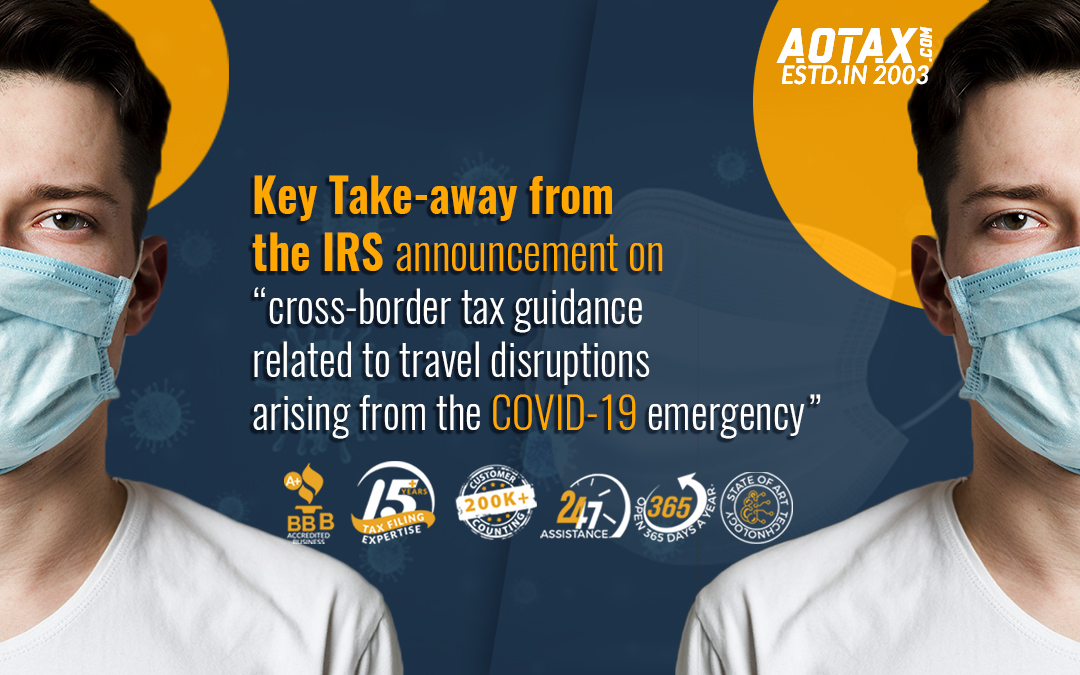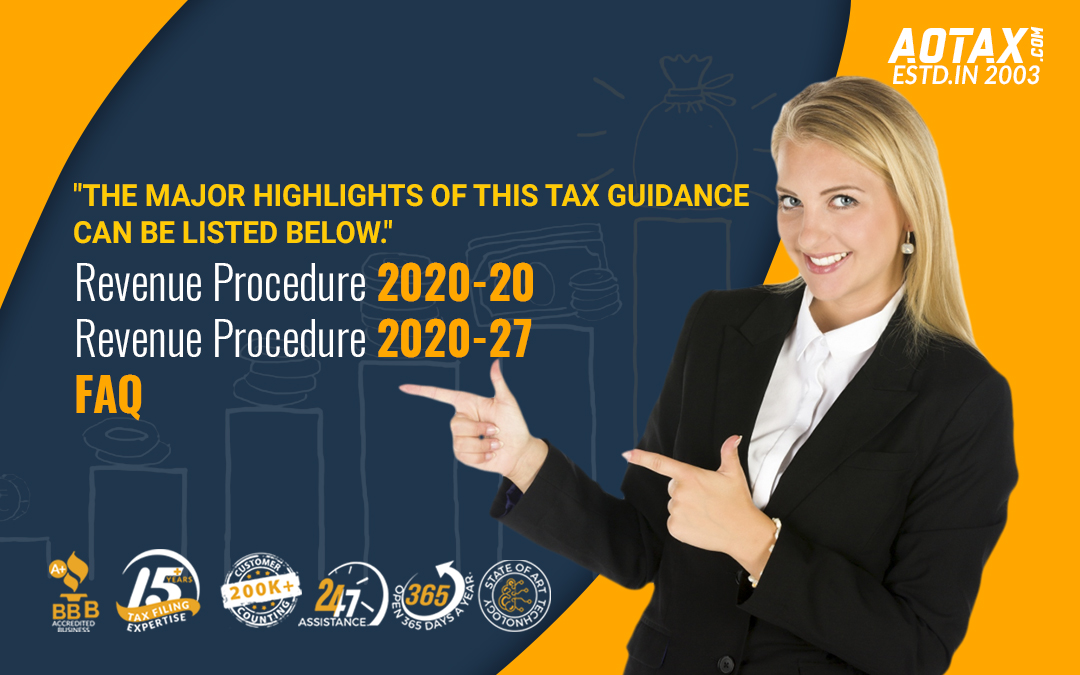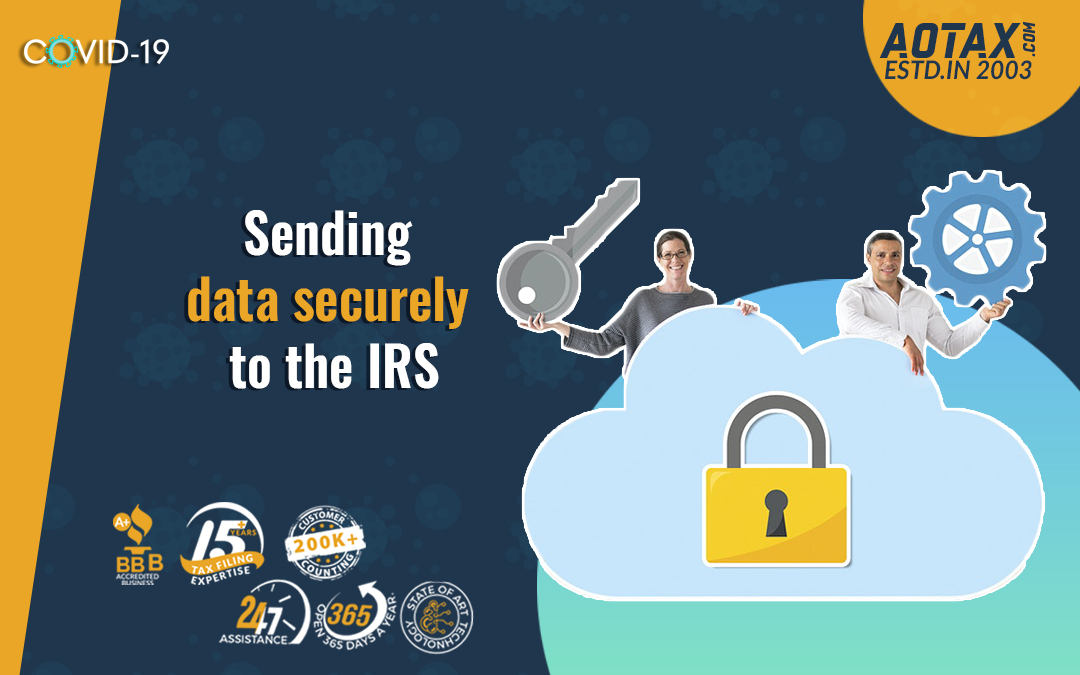
All you need to know about an expected delay in tax refunds in 2020 due to COVID-19 pandemic
All you need to know about an expected delay in tax refunds in 2020 due to COVID-19 pandemic
In response to the outbreak of the pandemic COVID-19, the Federal Government had delayed the deadline for filing Federal tax returns and for tax payment as well. However, it was advised that if you had to receive a tax refund from the IRS then it would be wise to file the tax returns soon. Due to the coronavirus and the social distancing norms, it was not only difficult for the taxpayers to prepare and file the returns but also for the IRS staff to process the refunds.
In these difficult times, it is always good to have some additional cash and everyone needs this additional amount but the tax refunds for 2020 would be delayed.
IRS Operations with a reduced workforce
The IRS offices were closed across the entire country and it was operating with limited staff and resources. The most important task which the IRS has been doing in the past two months was the issuing of Coronavirus Stimulus Payment to around 150 million Americans which can be termed as a “mission-critical” function.
Due to the outbreak of the pandemic COVID-19, the IRS had limited the services it was rendering. The live phone help has been suspended and even the Taxpayer Assistance Centers were closed. Still, the official webpage of the IRS says that they have been carrying out the critical functions pro-actively. Specifically, the IRS has been processing Federal tax returns and issuing refunds to the Americans even with limited staff. From 1st June 2020, many IRS staff members would have returned to their offices for performing those tasks which cannot be done from home. These staff members on resuming work would begin with the backlog of work they have which would mainly consist of processing tax returns and issuing refunds to the people.
Method of tax return filing – Reason for delay
According to the IRS, the fastest method by which you can receive your tax returns on time is by filing your tax returns electronically. Most of the taxpayers who would use the e-filing method and would choose Direct Deposit would receive their tax refunds within 21 days of the filing. However, there would be delays in obtaining tax refunds by those taxpayers who would opt for the paper return method.
More than 10% of the American population still uses the paper method for filing their tax returns. The closure of the IRS offices means that IRS would not be able to process those returns which have been mailed in. So, when the processing of returns would be delayed then obtaining a refund would also be delayed. Currently, it is unclear as to by when the IRS would be resuming the processing of those returns which have been filed by paper.
According to several reports, by 1st May 2020, the IRS had received around 125 million Federal Tax returns and it had processed 113 million tax returns approximately. There has been a 7.2% drop in the refund processing rate of the IRS due to the pandemic COVID-19. However, the average tax refund this year is $2973 and the IRS says that it does not expect any delay in issuing the outstanding refund requests as well.
Tax Refund Status
Usually, the tax refunds are issued to the taxpayers within less than 21 days of filing the tax returns. You would be able to track the status of your Federal Tax refund on the official website of the IRS after 24 hours of filing the tax returns.
The three important things needed for checking your Federal Tax refund status are
- Social Security Number or Taxpayer Identification Number
- The exact amount that would be refunded
- Your filing status
Other causes for tax refund delays
Apart from the coronavirus, there can be some other reasons which would cause a delay in the process of obtaining tax refunds. In case, you have filed your tax returns too early and have claimed the Earned Income Tax Credit or the Additional Child Tax Credit then you will have to wait longer there might also be a delay if you have filed your federal tax returns either faster or later.Moreover, other causes for delay in obtaining your tax returns could be due to wrong Social Security Number, incorrect bank account number, misspelling of your name, wrong calculations or you have outstanding debts such as back taxes, child support, or Federal Student Loan, etc.
You can keep a tab on your Income-tax refunds by checking your Tax Refund Status regularly and understanding the details associated with tax refunds.








Recent Comments